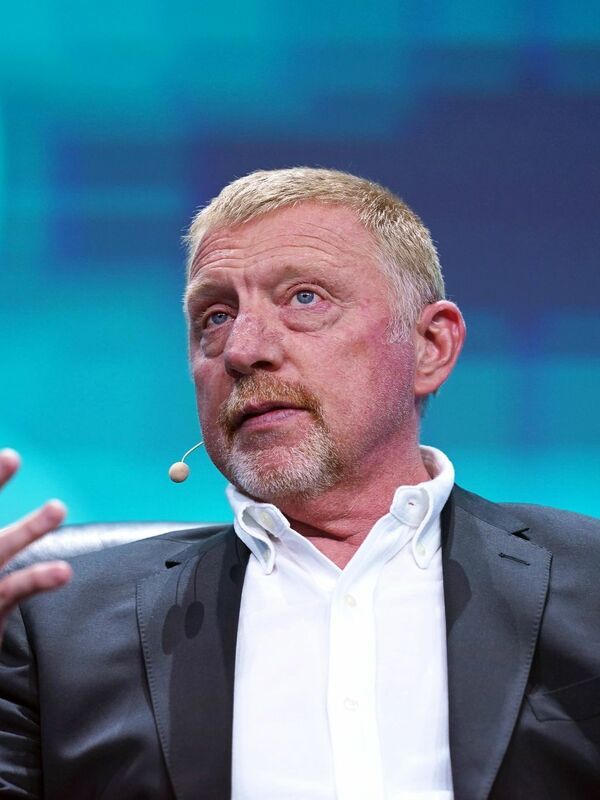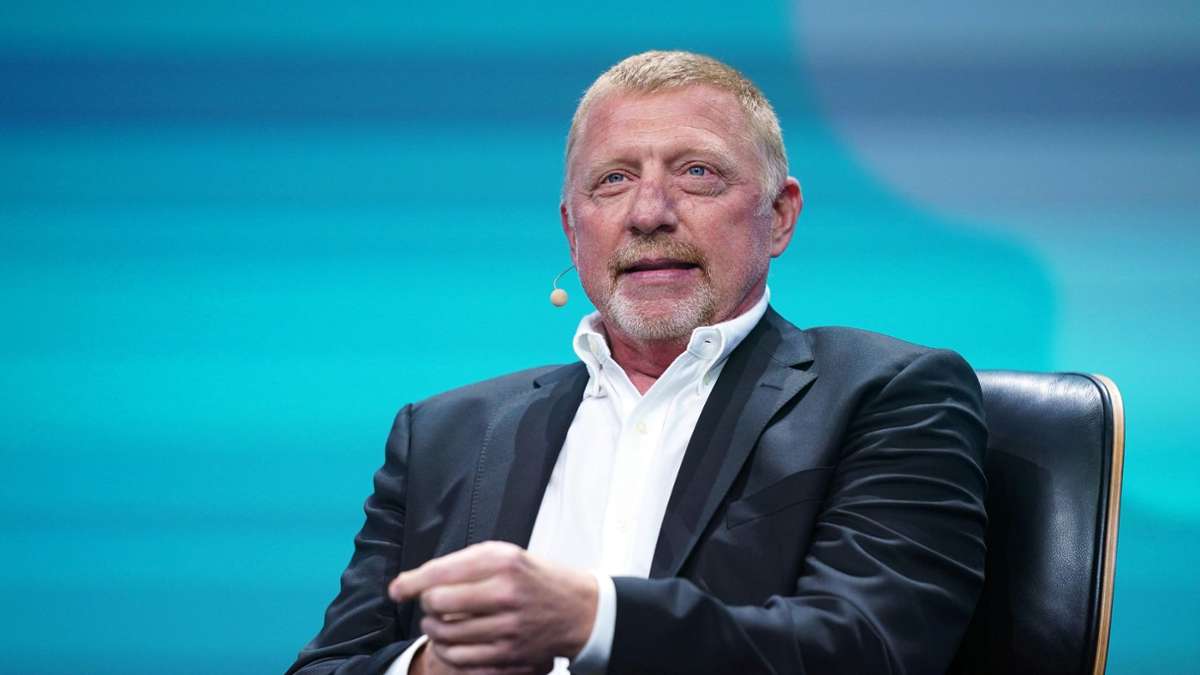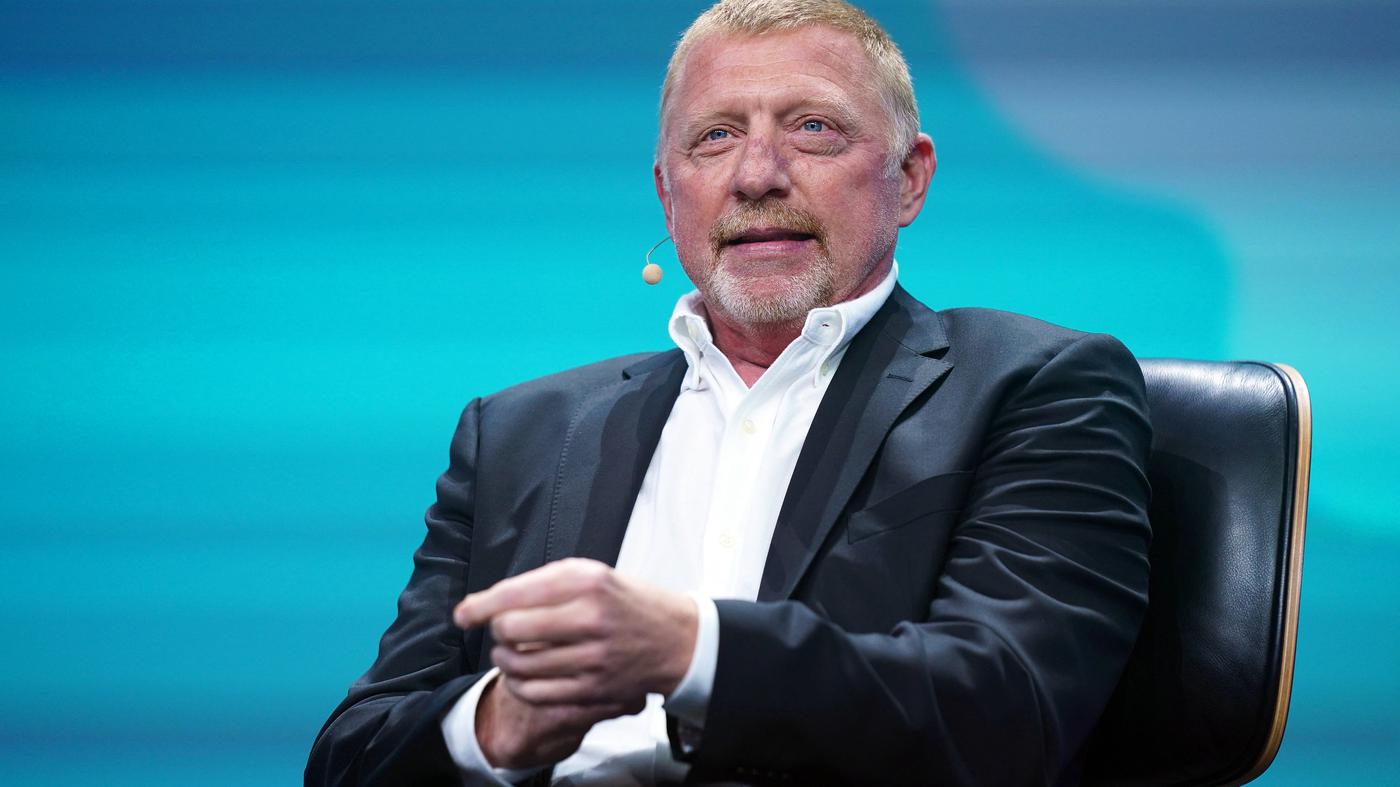- Decreased from 155 to 139 deals – deal value decreased by 65 percent to $4.3 billion
- The number of Chinese acquisitions in Germany decreased from 35 to 26
- The UK is once again the most popular investment destination for Chinese companies, ahead of Germany
Chinese buyers were rarely involved in corporate acquisitions in Europe last year: the number of deals fell from 155 to 139 compared to the previous year. The volume of deals also decreased: the value of investments and acquisitions decreased from 12.4 to 4.3 billion US dollars – however, information on purchase prices is not available for the majority of acquisitions.
In Germany, too, Chinese investors appeared less frequently than in the previous year: the number of acquisitions and investments decreased from 35 to 26, and the investment volume fell from US$2.0 billion to nearly US$290 million. This total does not include venture capital investments in German start-ups amounting to US$160 million in 2022, in which Chinese companies have been active as part of international investor groups.
Chinese companies currently play only a minor role as investors in Germany: with 26 deals in Germany, China ranked 12th in the investor rankings last year, led by the United States and Great Britain with 242 and 128 deals respectively. For comparison: in 2016, China was still the fourth most important investor in Germany.
These are the results of a study conducted by the auditing and advisory firm EY, which studies the investments of Chinese companies in Germany and Europe.
“The number of Chinese acquisitions in Europe has stabilized at a relatively low level in recent years,” notes Yi Sun, Partner and Head of China Business Services in Western Europe at EY. “There are several reasons why Chinese companies are hesitating at the moment: On the one hand, the epidemic and the long-running and widespread containment measures in China, which only ended at the end of last year, have led to travel restrictions and strict quarantine rules. This has made it difficult Initiating transactions and successfully implementing them. On the other hand, expansion measures are no longer as important for many Chinese companies as they were in the second half of the past decade.
Moreover, Chinese companies in many European countries are facing political resistance in some sectors, such as infrastructure, according to The Sun: “Therefore, Chinese investors are now examining whether takeover candidates can trigger such sensitive discussions between governments and the public.” .”
Added to this, according to Sun’s assessment, are the significant obstacles at the same time in front of foreign investments, especially in some vital sectors, as well as the growing competition from well-funded financial investors.
The strained political relationship between the US and China is also hampering transactional activities, according to Sun: “If acquisition candidates have production facilities or R&D centers in the US, potential Chinese bidders are often not invited at all because they fear rejection by Administrator. Become the US authorities.”
The Chinese are buying fewer industrial but high-tech companies
Last year, for the first time in Europe, there were more acquisitions and investments of companies in the high-tech sector, which mainly includes software and semiconductor companies, than in traditional industrial sectors: the number of acquisitions of high-tech companies rose against the trend from 27 to 32 , while at the same time the number of industrial firms fell from 30 to 25. In the industrial sector, most deals accounted for in Germany, with nine deals; For transactions in the high-tech sector, Great Britain is at the top with six deals – ahead of France (five) and Germany (four).
In Germany, a large number of transactions were also accounted for in the healthcare sector, which includes not only biotech companies, but also the pharmaceutical and medical technology sectors. There were 17 deals in this sector across Europe, nine of which were in Germany.
Great Britain ahead of Germany is the first destination in Europe
As in 2021, most transactions were recorded in Great Britain last year. With 27 acquisitions and investments, Great Britain overtakes Germany (26 deals) and is far ahead of France (17). In Germany and Great Britain, nine fewer transactions were accounted for than in the previous year, while in France the number rose by five.
Despite the currently weak transaction activity in Germany, Sun is convinced that Chinese companies are still very interested in Germany: “Most of the transactions that have taken place in recent years have been successful. Against this background, there are now close and flexible links between China and Germany on several levels. There will be more Chinese transactions in Germany this year – also because travel restrictions are no longer in effect.Since January, many Chinese business delegations have been traveling here in Europe to identify possible new target companies.Many private equity investors are also The Chinese are expanding their presence in Europe.However, the number of deals will remain much lower than in the boom years, not least because of the political framework, Sun predicts.
The largest investment in Europe last year was the sale of Dutch semiconductor manufacturer Ampleon, formerly owned by a Chinese private equity investor, to Wuxi Xichan Microchip Semiconductor for nearly US$2 billion.
The second largest deal was Chinese Internet company Tencent’s entry into Ubisoft family’s holding company Guillemot Brothers Limited for approximately US$300 million, followed by the acquisition of French pharmaceutical company Cenexi by Chinese pharmaceutical group Fosun for US$218 million. .
The largest transactions in Germany included the entry of Huadong Medicine Investment Holding into Heidelberg Pharma AG and the sale of AMS OSRAM’s digital systems division in Europe and Asia to Inventronics.
You can read the study “Chinese Acquisitions in Europe”. here Order for free.

“Alcohol buff. Troublemaker. Introvert. Student. Social media lover. Web ninja. Bacon fan. Reader.”







More Stories
IBM has acquired Terraform provider HashiCorp for $6.4 billion
Applicable law – This is what will happen if Tiktok is banned in the United States of America – News
The new report seeks to end ineffective business EDI practices